Old Christmas Eve rituals and beliefs
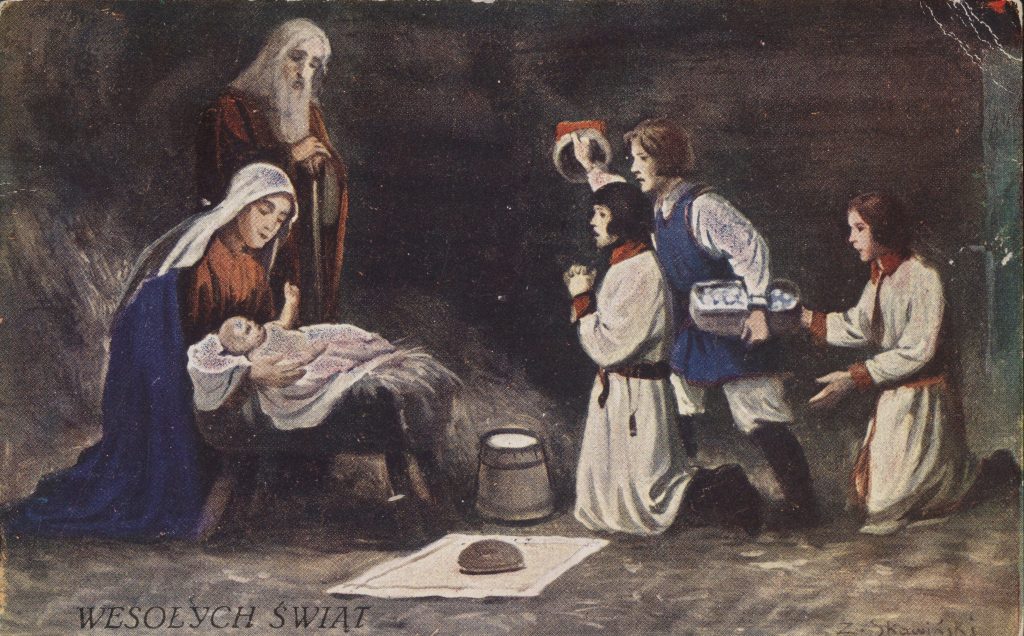
The word vigil comes from Latin and means vigil. In the Catholic Church, it refers to the days preceding all major religious holidays. In Polish tradition, the name has become associated mainly with the date of December 24.
Find out what folk dance smells like in the latest anniversary issue of the quarterly Rural Culture!
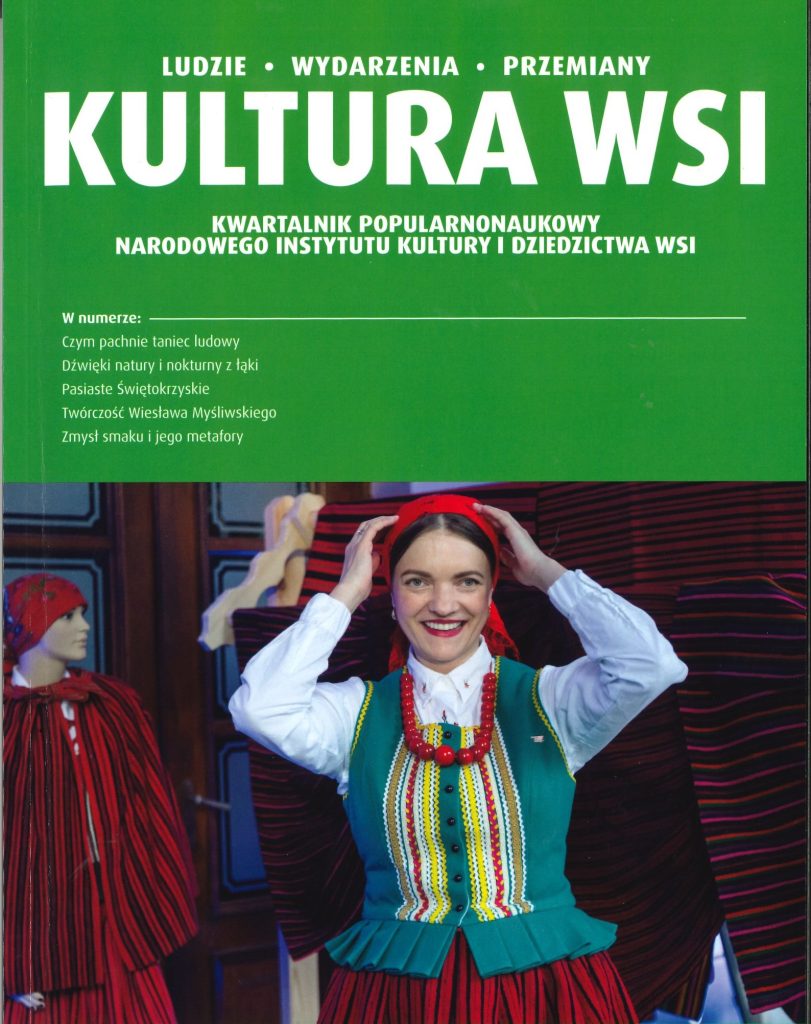
Właśnie ukazał się drugi w tym roku numer kwartalnika „Kultura Wsi” wydawanego przez Narodowy Instytut Kultury i Dziedzictwa Wsi, którego tematem przewodnim są wrażenia zmysłowe nieodłącznie powiązane z wsią – dźwięki i zapachy pól, łąk i lasów.
Is it all the same what one believes? And other spiritual dilemmas.

You can often hear the words - "it doesn't matter what you believe in, it's enough to be a good person". Can one agree with this? Is it necessary to insist on issues of doctrine, morality? What is really important, and what can be left out? Thoughtlessness and inability to justify one's faith and the attitudes that result from it leads to its diminution, disappearance, and even deters those who would like to believe.
Red Series
...of the series "Folk Culture - Researchers and Passionists", related to the promotion of folk culture, promoting the achievements of folk artists, ethnographers, enthusiasts of rural culture and the work of artists. The series included the item "Sincerity, simplicity, authenticity. Memories of Stanislaw Koguciuk".
Embroidered cap

After last week's presentation of selected beneficiaries of the Master-Apprentice and Creative Scholarship programs, today we move on to the broadcast of films dedicated to specific artists. As the first, we present an image about embroidering a headpiece - an element of women's Kashubian costume.
Czego nie wiemy o wsiach Warszawy?

Zapraszamy na spotkanie inaugurujące projekt „Wsie Warszawy”, którego celem jest uporządkowanie wiedzy o historii przestrzennej Warszawy i pokazującej jej różnorodność na wielu poziomach.
Harvest time - a time of celebration
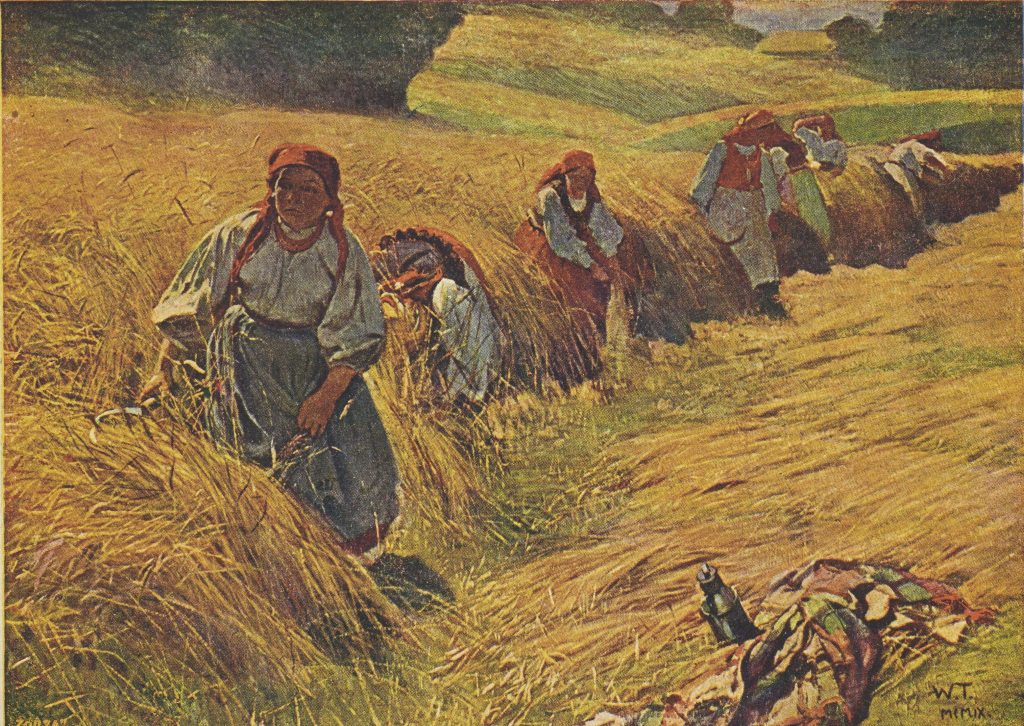
The harvest used to be a real holiday in the Polish countryside. Their sacred character was externalized in a number of customs, behavioral patterns and ritual activities. They were the culmination of the farmer's work and heralded an improvement in their livelihood.
Cymbals and cymbalists
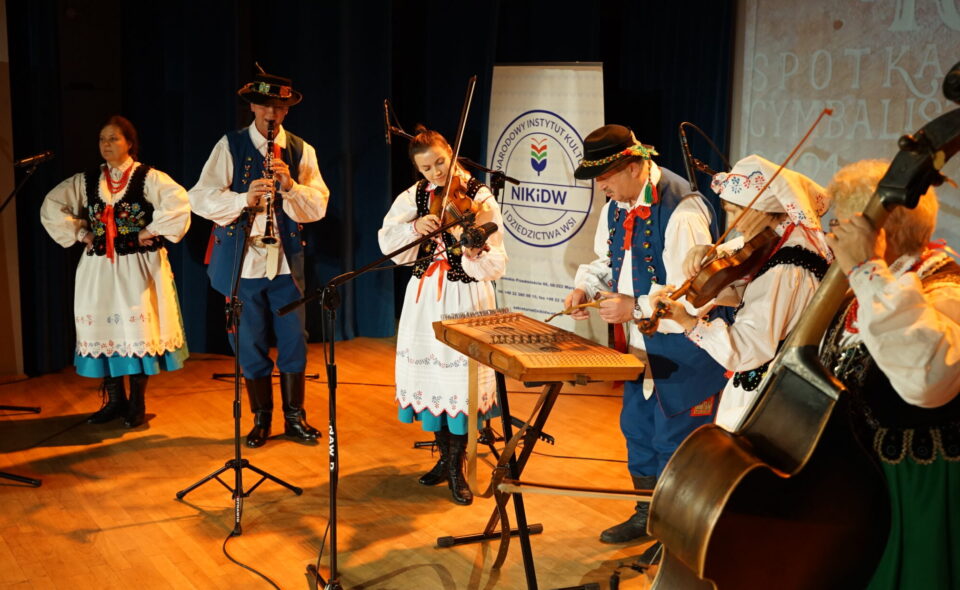
Rafal Karpinski discusses the intricate history of the dulcimer in Polish folk culture with Professor Piotr Dahlig, an ethnomusicologist from Warsaw University.
Handicraft Workshop series full of excitement and new skills
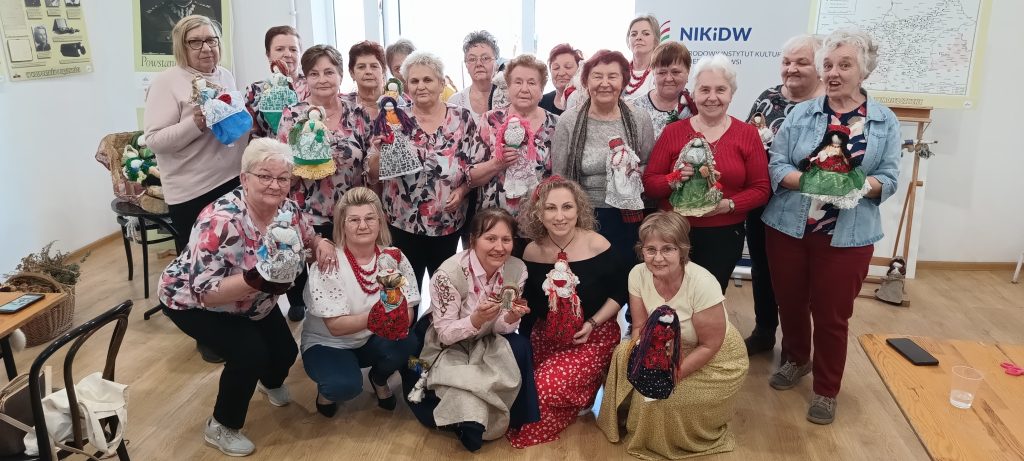
In March and April of this year, the NIKiDW Regional Office in Częstochowa conducted the second edition of the highly popular series of Handicraft Workshops for Rural Housewives' Circles. This time we hosted with invited folk artists in six counties.
What used to be eaten in the countryside....
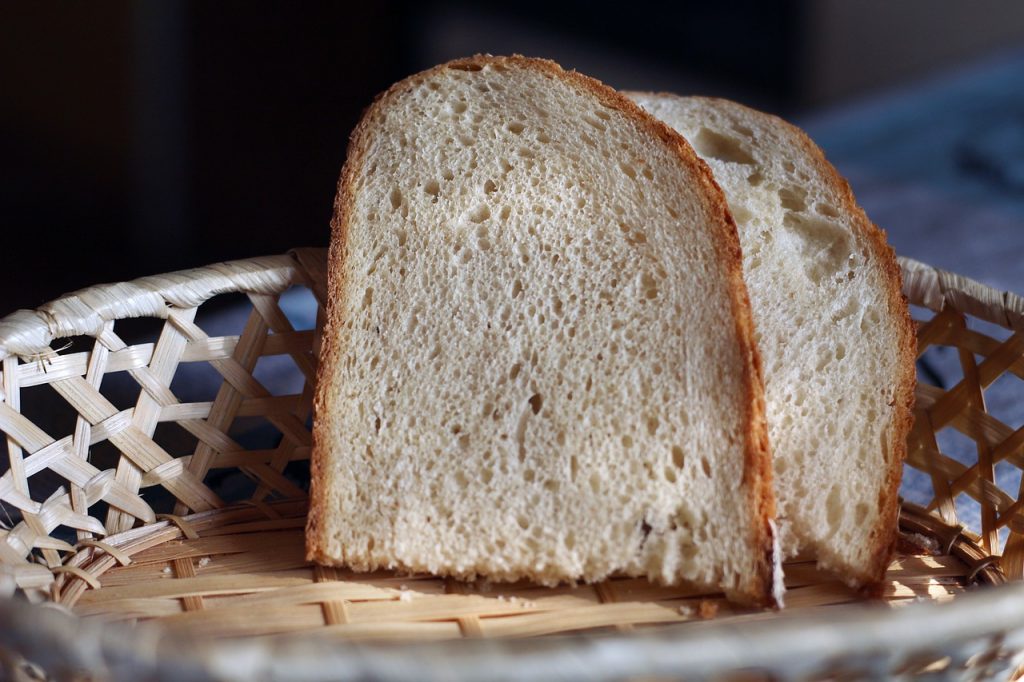
Culinary traditions are an important part of culture and customs. Passed down from generation to generation, skills, knowledge and various techniques of food production and processing, as well as customs and table culture, are a testimony to the development of civilization, the standard of living and social status. They are a sign of regional and national distinctiveness, our cultural heritage.